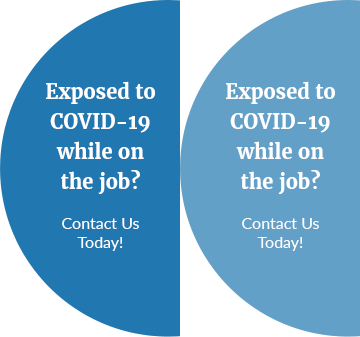The Connection Between Car Accidents and Aggressive Driving Behaviors
We’ve all had the displeasure of sharing the road with an aggressive driver, and quite a few of us have even found ourselves driving far too recklessly for our own good. Why is aggressive driving such a growing problem and what does it mean for car accident rates across Pennsylvania?
Find out how aggressive driving is linked to accidents, and if you’ve been hurt in a wreck, let’s talk about your options. Call Caroselli, Beachler & Coleman at 866-565-4949 to set up a consultation now.
Aggressive Drivers Put Everyone at Risk
Aggressive driving, identified as moving offenses that endanger other people or property, is a massive problem in every part of the United States. The Insurance Information Institute reports that speeding, one form of aggressive driving, was the driving behavior most commonly associated with fatal collisions in 2019. When people make decisions based on what saves them time or is most convenient for them, versus what is safest for everyone on the road, they take unnecessary risks.
Across the board, aggressive driving involves operating in a way that is unpredictable to others. Everything runs more smoothly when drivers follow the law and drive in a way that is predictable to other drivers—how many times have you had to hit your brakes because the person in front of you decided not to use their turn signal? Various forms of aggressive driving take people by surprise or force them to adjust how they are driving:
- Failing to yield the right of way
- Erratic lane changing
- Unsafe following
- Passing where prohibited
- Driving where it is illegal, such as in a ditch or on the shoulder
- Failing to obey traffic signs and signals
- Not using turn signals
- Driving too fast for weather and road conditions
- Racing
- Making unsafe turns
How Aggressive Driving Leads to Collisions
Why is it so important for driving to be predictable? You never know the mindset or level of concentration of the other drivers on the road. Imagine an aggressive driver who is changing lanes erratically and failing to use a turn signal. They swerve in front of a driver who is distracted by a bad day at work and what it means for their career. The distracted driver, whose focus is not on the road, is alarmed and forced to take evasive action. This dramatically increases the likelihood of an action.
Furthermore, aggressive drivers are less likely to be able to stop a crash. Speeding is the most common form of aggressive driving, and it increases a car’s stop time, takes away from a driver’s ability to concentrate, and slows down a driver’s reaction time. If an unexpected obstacle pops up on the road, an aggressive driver is likely to cause a crash.
Aggressive driving is also distracting for others on the road. Think about it—when you see a driver swerving around the road or randomly speeding up and slowing down, your focus is on what they’re doing and how you can avoid them. This makes it far harder to watch what else is occurring on the road, including obstacles that may require your attention.
Protecting Yourself from Aggressive Drivers
While you can’t stop others from driving aggressively, you may be able to protect yourself and your loved ones. First, try to avoid irritating and inconveniencing other drivers. While you’re not responsible for others’ actions, you should still do your part to make the road safe. Drive predictably and avoid cutting off other drivers.
Second, be aware of aggressive drivers and take evasive action immediately. The sooner you put enough distance between you and them, the sooner you can return your focus to the rest of the road. Finally, don’t be afraid to report an aggressive driver. People often refrain from calling the police because they think it’s not a big deal. Your choice to call in a dangerous driver could save lives.
Hurt in a Car Crash? Call Caroselli, Beachler & Coleman Now
If you or a loved one has been hurt in a collision, don’t wait any longer to find out what your legal options are. Reach out to Caroselli, Beachler & Coleman at 866-565-4949 or send us a message online to set up a time to talk.





